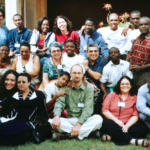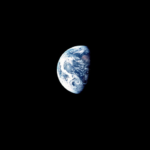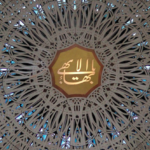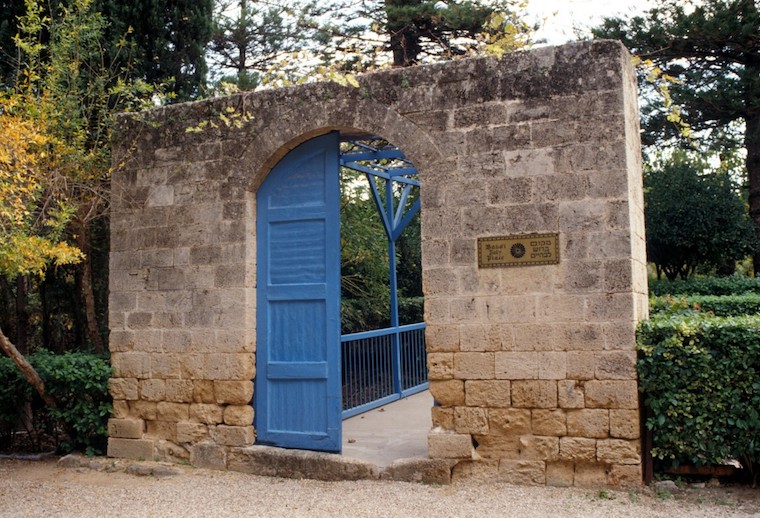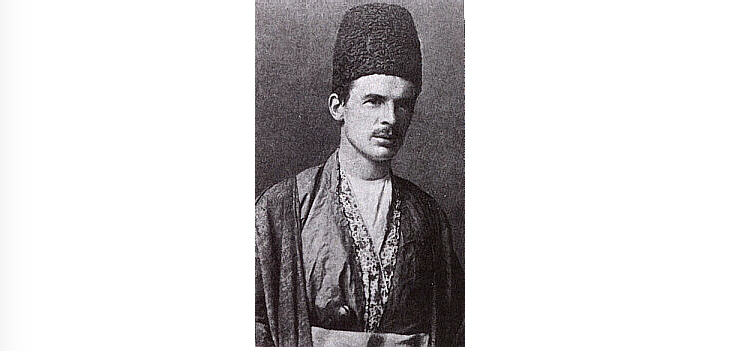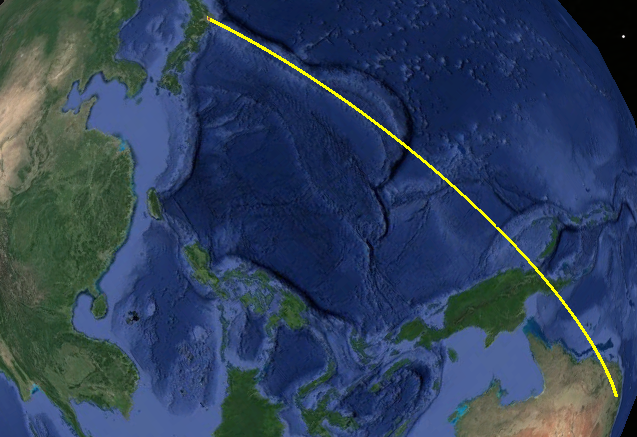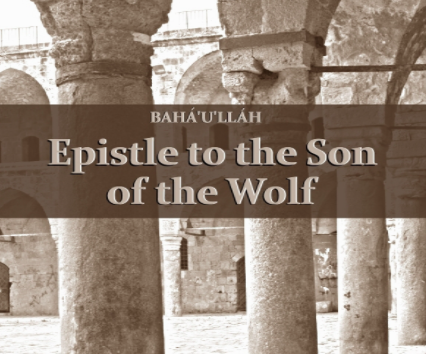
The Epistle to the Son of the Wolf – Oneness of Religion, Oneness of Humanity
 The Epistle to the Son of the Wolf is Bahá’u’lláh’s last major work, written in the last year of his life. It is Bahá’u’lláh’s own summation of his life and teachings.
The Epistle to the Son of the Wolf is Bahá’u’lláh’s last major work, written in the last year of his life. It is Bahá’u’lláh’s own summation of his life and teachings.
It was addressed to a brutal persecutor of the followers of Bahá’u’lláh, a priest in Isfahan, Aqa Najafi. In his persecutions of the Baha’is, Aqa Najafi collaborated with and followed in the footsteps of his father – “the Wolf” – who had earlier been responsible for the brutal murder of two Baha’is in that city.
The opening passages of the Epistle invite Aqa Najafi to seek forgiveness from God for his crimes and provides him with the words to do so. The implication, of course, is that even the most terrible deeds can attract divine forgiveness in the repentant soul.
Give ear, O distinguished divine, unto the voice of this Wronged One. He verily, counselleth thee for the sake of God, and exhorteth thee unto that which will cause thee to draw nigh unto Him under all conditions. … Purify thou, first, thy soul with the waters of renunciation, and adorn thine head with the crown of the fear of God, and thy temple with the ornament of reliance upon Him. Arise, then, and, with thy face set towards the Most Great House, the Spot round which, as decreed by the Eternal King, all that dwell on earth must circle, recite: …
Alas, alas, for my waywardness, and my shame, and my sinfulness, and my wrong-doing … alas, alas! and again alas, alas! for my wretchedness and the grievousness of my transgressions! Thou didst call me into being, O my God, to exalt Thy Word, and to manifest Thy Cause. My heedlessness, however, hath deterred me and compassed me about, in such wise that I have arisen to blot out Thy signs, and to shed the blood of Thy loved ones…[1]
However as we have seen repeatedly, Bahá’u’lláh’s writings speak simultaneously to many audiences and the work quickly transcends the individual who was its recipient.
The Epistle to the Son of the Wolf continues to inform the reader that years before Bahá’u’lláh had described the experience of divine revelation in his letter to the Shah of Iran.
O King! I was but a man like others, asleep upon My couch, when lo, the breezes of the All-Glorious were wafted over Me, and taught Me the knowledge of all that hath been. This thing is not from Me, but from One Who is Almighty and All-Knowing. And He bade Me lift up My voice between earth and heaven, and for this there befell Me what hath caused the tears of every man of understanding to flow. … This is but a leaf which the winds of the will of thy Lord, the Almighty, the All-Praised, have stirred. Can it be still when the tempestuous winds are blowing?[2]
Later Baha’u’llah continues to describe his imprisonment in the Siyah Chal, and his experience of revelation there. Such passages are the first time in which humanity is given an insight into the nature of revelation – from the words of the prophet themselves.
Significantly in the context in which it is revealed, the first teaching that Bahá’u’lláh sets out in the Epistle to the Son of the Wolf is the oneness of religion and the need to end religious fanaticism and violence. Bahá’u’lláh warns humanity that only divine guidance can free humanity from this “world-devouring fire”.
That the divers communions of the earth, and the manifold systems of religious belief, should never be allowed to foster the feelings of animosity among men, is, in this Day, of the essence of the Faith of God and His Religion. These principles and laws, these firmly-established and mighty systems, have proceeded from one Source, and are rays of one Light. That they differ one from another is to be attributed to the varying requirements of the ages in which they were promulgated.
Gird up the loins of your endeavor, O people of Bahá, that haply the tumult of religious dissension and strife that agitateth the peoples of the earth may be stilled, that every trace of it may be completely obliterated. … Religious fanaticism and hatred are a world-devouring fire, whose violence none can quench. The Hand of Divine power can, alone, deliver mankind from this desolating affliction.[3]
The principle of the oneness of religion is immediately followed by an affirmation of the oneness of humanity; the achievement of which is set forth as Bahá’u’lláh as the highest goal to which human beings can aspire.
The utterance of God is a lamp, whose light is these words: Ye are the fruits of one tree, and the leaves of one branch. Deal ye one with another with the utmost love and harmony, with friendliness and fellowship. He Who is the Daystar of Truth beareth Me witness! So powerful is the light of unity that it can illuminate the whole earth. …
Exert yourselves that ye may attain this transcendent and most sublime station, the station that can insure the protection and security of all mankind. This goal excelleth every other goal, and this aspiration is the monarch of all aspirations.[4]
The power of Bahá’u’lláh’s words is astonishing. And we only taken a first few steps into the pages of this work.
(This article is the 196th in a series of what I hope will be 200 articles in 200 days for the 200th anniversary of the birth of Bahá’u’lláh. The anniversary is being celebrated around the world on 21 and 22 October 2017, The articles are simply my personal reflections on Bahá’u’lláh’s life and work. Any errors or inadequacies in these articles are solely my responsibility.)
